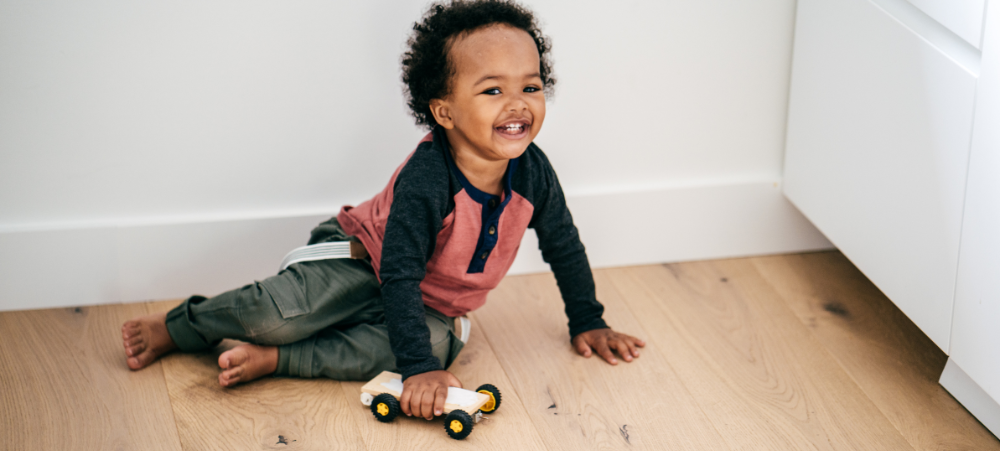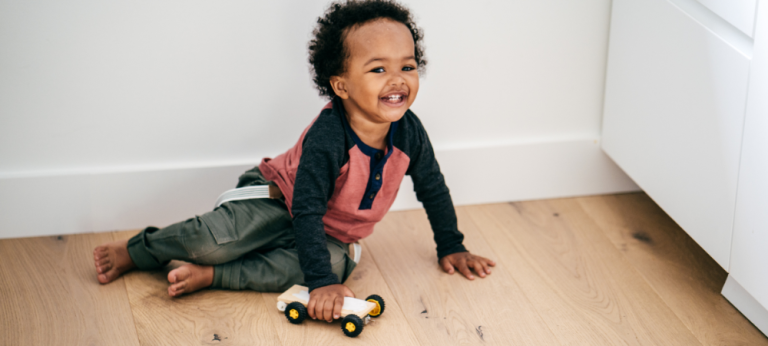As parents, we all remember those moments from our childhood, lost in a world of make-believe with our toys, following our own lead. Independent play offers that same magical experience for young explorers today, and the benefits go far beyond just keeping them occupied. It’s about nurturing their creativity, confidence, problem-solving skills, and independence – all crucial for their development.
Ursula Assis, Country Director of Dibber International Preschools, emphasises the importance of independent play. “Encouraging children to play independently fosters essential life skills and prepares them for future challenges. It’s a beautiful way to nurture their creativity and confidence.
“Independent play can sound intimidating to parents who worry their children will get bored, frustrated, or lost along the way. However, independent play isn’t about leaving your child on their own. Children often thrive with a bit of structured guidance and a safe, stimulating environment that sparks their curiosity and invites them to explore.
“Start by creating a safe and enchanting space that inspires your child’s imagination. Fill it with a variety of age-appropriate toys and materials that encourage exploration and creativity. This could be a cosy corner of your home transformed into a mini-adventure land with open-ended toys like blocks, dolls, puzzles, and art supplies. Rotate the toys and objects periodically to keep things fresh and inspiring.
“Independent play is when your child dives into their world of activities without needing direct help from adults or peers. It’s about them taking the lead, entertaining themselves, making their own play decisions, and exploring their interests solo. This kind of play is vital for “their growth, fostering creativity, problem-solving skills, self-reliance, and emotional balance.
“As they navigate their play world independently, children learn to trust their abilities and problem-solving skills. During independent play, they engage in critical thinking, build a sense of autonomy, and grow more confident in their abilities. For example, when children build a block tower, they learn to think creatively about preventing it from falling, control their emotions, and regulate their behaviour.
“Independent play is a training ground for problem-solving. Playing alone requires children to entertain themselves and think creatively, fostering innovative thinking. Imagine a child trying to fix a toy that isn’t working as expected – this critical thinking is essential for tackling challenges now and in the future.
“Playing independently also allows children to explore their emotions and experiment with different ways of expressing themselves in a safe space. Acting out a story with toys can help them process feelings of frustration or sadness, teaching them valuable emotional regulation skills.
“One of the most delightful benefits of independent play is that it taps into children’s creativity and imagination. They can be superheroes, doctors, or even astronauts within their play space, seeing the world from different perspectives and thinking creatively about solving problems.
Independent play is essential for building self-confidence. As children navigate their play world on their own, they discover their talents and interests. Imagine the pride on a child’s face when they complete a puzzle all by themselves or create a masterpiece with their crayons.
“In today’s fast-paced world, it’s more important than ever for children to learn how to entertain themselves. Independent play reduces their reliance on screens for entertainment, encouraging them to read a book, draw, or invent their own games.
“Independent play also prepares children for school, where they may have to engage socially but spend time playing alone. It helps with emotional development and self-regulation and enhances their attention span. Additionally, they learn to manage their time, share resources, and navigate social interactions.
“While your child takes centre stage during the independent play, you’re not completely out of the picture. It’s important to offer encouragement with a simple “Have fun!” or “Wow, that’s a cool tower!” to show your interest. Let your child know you’re nearby in case they need help, but resist the urge to jump in and solve problems for them.
“By fostering a child’s ability to play independently, parents and caregivers can support their growth and development meaningfully. Encouraging independent play helps children build essential life skills and prepares them for future challenges and successes,” Assis concludes.















Leave a Reply